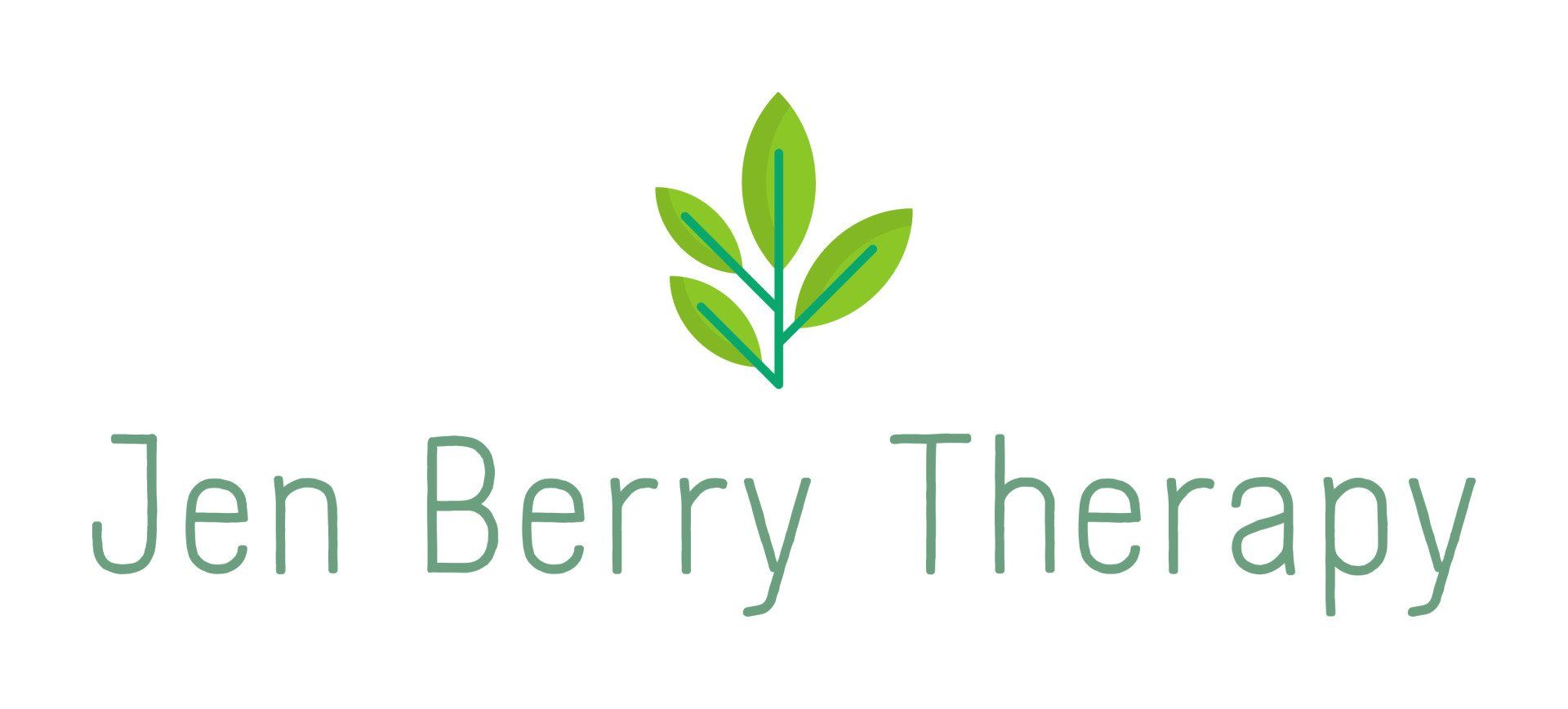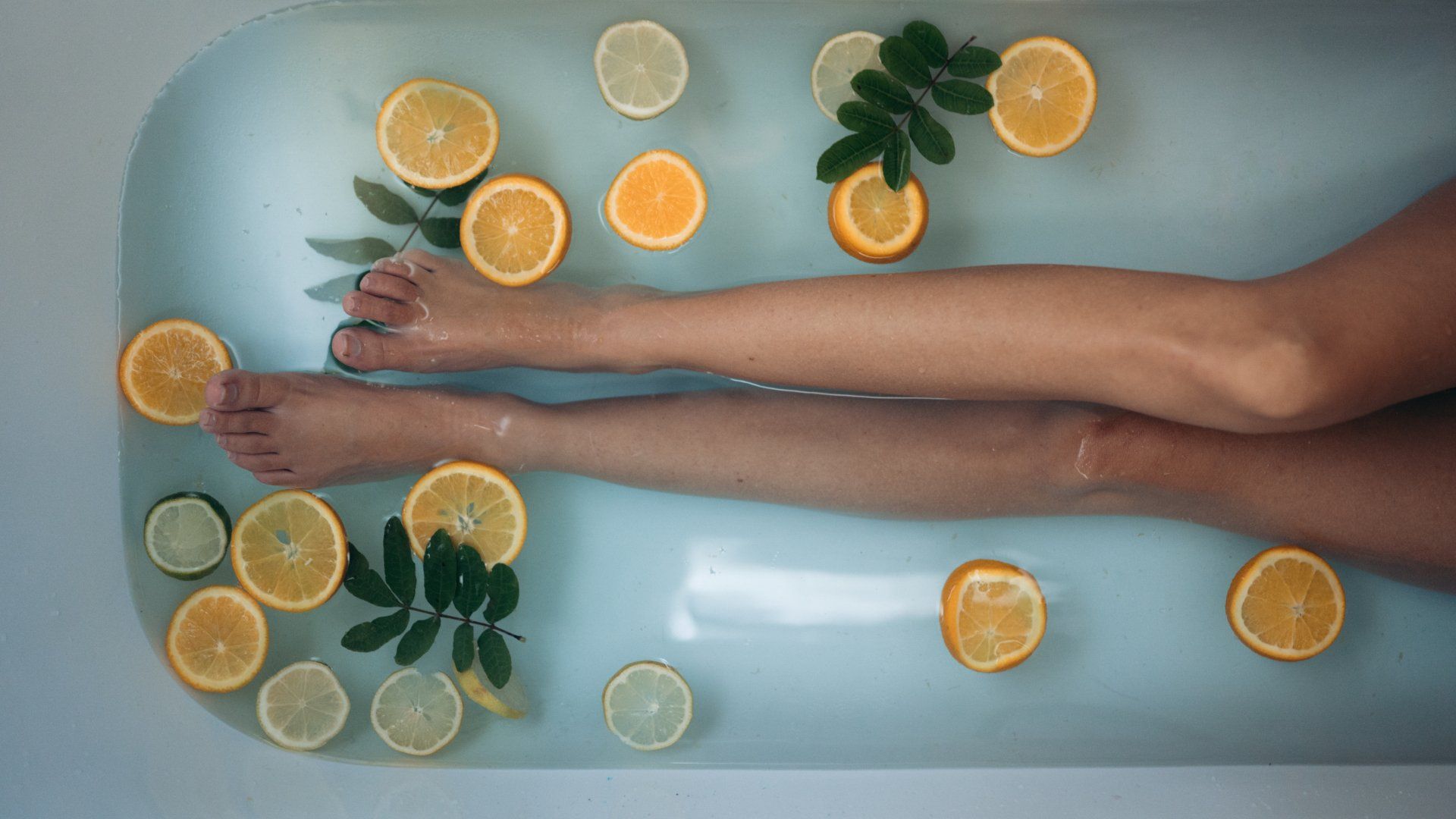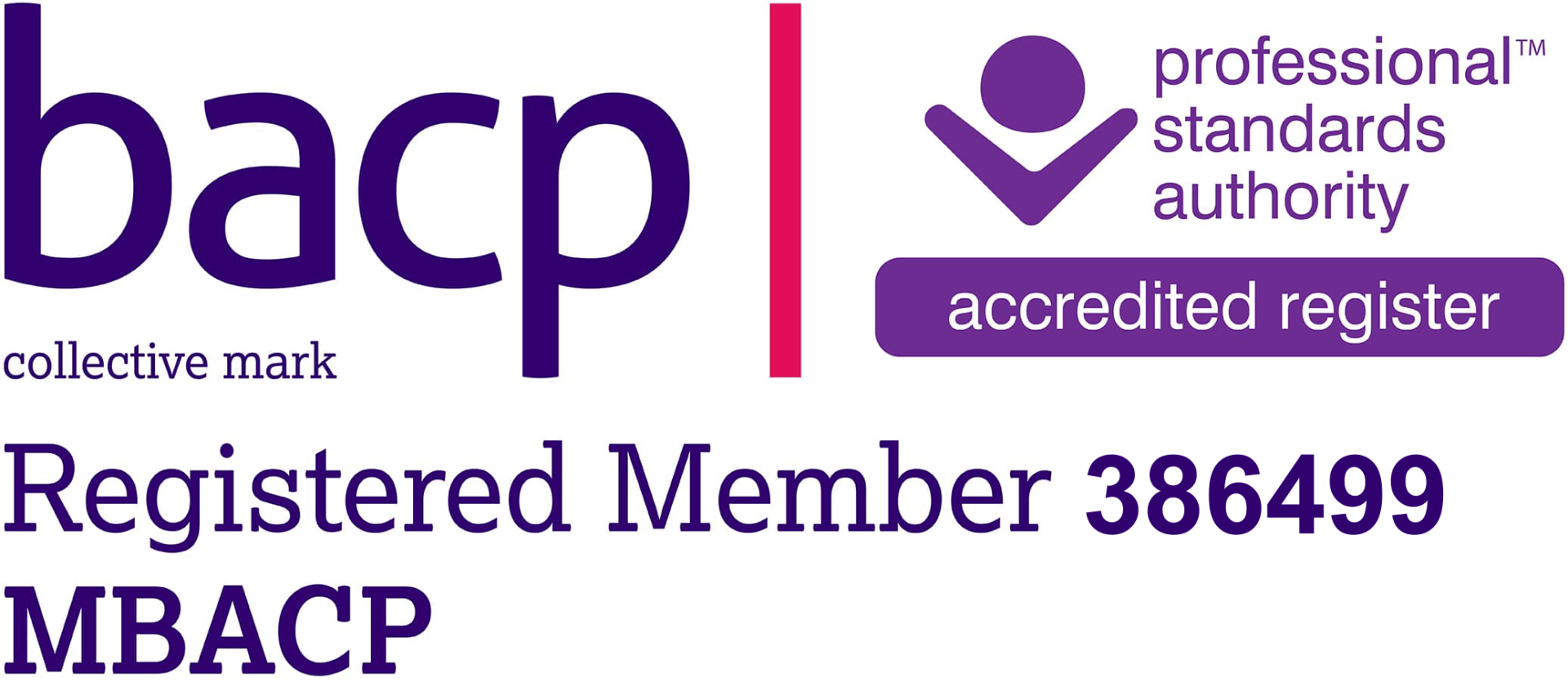
When 'self-care' turns toxic
We know self-care is important. But has the message that we should be looking after ourselves become twisted, and dare we say, toxic?

A disclaimer before we begin: self-care is vital. It is imperative that we look after ourselves, and even more importantly, consider ourselves worthy of looking after in the first place. I always ask my clients what activities or practices they engage in in order to feel calmer, balanced and like a well-rounded human being. What they do to feel more like themselves. I encourage them to fit some aspects of self-care in whenever possible.
But what exactly is self-care? Has the important message that we should all prioritise time to meet our own needs been lost somewhere along the way, Instagram-ified, commodified and entangled with consumer culture? The phrase ‘self-care’ tends to conjure visions of spa days, manicures and slim white women sipping on matcha lattes whilst wearing expensive yoga pants. In fact, when typing the phrase ‘self-care’, I’m offered emoji suggestions of a haircut, a steam room and a head massage. I’m not suggesting there’s anything wrong with these activities, and they are important aspects of self-care for some. I happen to love a matcha latte for example, and treatments such as massages can really help us to connect with our body. However it is important to remind ourselves that the concept goes much deeper, beyond simply ‘treating’ ourselves to consumer goods in order to feel (or look) a certain prescribed, socially acceptable way.
At the very heart of person-centred therapy is the idea that throughout our life we are changing, growing and developing towards our best, authentic self. Self-care is a really important part of this journey. But who decided that everyone’s ‘best self’ needs to include green juice and pilates?! Moreover, in addition to promoting an affluent and privileged version of what ‘wellness’ should look like, this stereotype leans heavily towards what society deems to be ‘feminine’. Does this exclude men and non-binary folks- communities that statistically tend to have higher than average rates of mental health difficulties- from engaging with self-care, along with those who may experience economic or social disadvantage?
Self-care can mean being easy on ourselves, but sometimes it means getting tough. Some days it might mean a lazy lie in and breakfast in bed, but other days it might mean pushing yourself to have that difficult and awkward conversation with HR about an over-due and well-deserved pay rise. Self-care isn’t always easy, and it doesn’t always feel nice. It looks different for everyone, and will look different week to week, day to day in order to meet our individual and changing needs. It means reflecting on what those needs are for you; taking time to consider what feels authentic to you, and not what society tells you you should aspire to.
-
Much of my work with clients is based upon working to build their sense of self-compassion and self- forgiveness. We all get things wrong sometimes, none of us are perfect and while it is good to recognise and be accountable our ‘failings’ beating ourselves up about it never helps. It’s much more helpful to want to make positive changes because we believe ourselves worthy of them. I know that whenever I speak to a client, no matter how much they appear to hate themselves, there must be a little part of them hidden deep inside that knows they are deserving of support, love, and joy. Often the starting point in therapy is simply tapping into that so we can gently encourage healing, rather than attempting to bully it into existence. Poem and artwork by @hannahdblumButton
-
Love this beautiful new mural at the community hub at my local park. Made the most of the fleeting glimpse of summer we had today and went for a walk in the sunshine. Although, I tend to come here most days, rain and shine! I’ve struggled to keep up with a lot of my normal self-care activities recently, but a daily walk is pretty much a non-negotiable. You don’t need to do all of the things all of the time in order to manage your mental health and wellbeing- sometimes we need to go back to basics and keep it simple. The other stuff will still be there when I feel ready again.Button
-
I’m an avid journaler. It’s the first thing I do every morning, and I usually do a bit more later in the day! I often feel like I can’t really make sense of the events, thoughts and feelings I experience unless I’ve written them down first. While I admit I might be a bit of an extreme case, research shows that writing stuff down has numerous benefits for our mental health. It can help us overcome overthinking, help us to process difficult and stressful experiences, and deepens our understanding of ourselves and our emotions. It can be particularly helpful to help us to develop self compassion. It can be tricky to get started though if you’re new to expressing your thoughts and feelings through writing. Prompts can be a helpful way to get your thoughts flowing, and get over that initial ‘what the f@%k should I write about?!’ feeling!Button
-
A lovely colleague gave this postcard to me a while ago, and it has sat right in front of me on my desk everyday since. I’m grateful that she recognised my tendency to be a little hard on myself sometimes. Even as a counsellor who works every day supporting people to be kinder to themselves, I often need the reminder to practise what I preach! But that’s ok- I’m human after all, I don’t pretend that I’ve got it all figured out. It’s not a failure or a problem that needs to be fixed- but these gentle affirmations serve to nudge me in a more helpful direction when my self compassion could use a little boost. Postcard artwork by the wonderful @stacieswiftButton
-
My core training is in a form of counselling called person-centred therapy. This is a non-directive form of therapy, meaning I don’t tell you what to do or how to live your life! You are in charge, and it’s really important that you feel empowered to take control, in and out of the therapy room. My role is to help you to connect to that sense of empowerment, to feel hopeful and confident to make the changes you wish to see. I love this quote as it really sums up my approach when working with clients- the key to overcoming our challenges is to come at them from a place of understanding why we do what we do, and to accept that with self compassion. Only them can we make lasting, meaningful change.Button
-
Ever noticed that dried up leafy bit on a daffodil while it’s in bloom? That the protective shell that it needs to keep it safe while the delicate flower pushes up through the hard, cold ground. It’s not pretty…but it was so important! It’s no longer needed, but served such a necessary purpose. Many of us have those parts of us that are not ‘pretty’, but at some point in our life were really important to keep us safe and help us push through. We might not need them anymore, and it’s ok to say goodbye, but we can be grateful for the role they played and let go of any shame associated with them.Button
-
Hello! I thought I’d best introduce myself properly. I’m Jen and I’m a person-centred counsellor based in Salford, greater Manchester. I’m not a big social media person and it feels a bit scary putting myself out there. As a counsellor it is so important to be true to my authentic self- and sticking my face on Instagram doesn’t feel like that at all! However on reflection I think it’s probably just the fear kicking in. So I have decided that I can be brave, and not let my anxiety hold me back. So I thank my anxiety for trying to protect me, but I’m in charge and I can do scary things!Button
-
Thankfully the idea that ‘it’s ok not to be ok’ is becoming accepted, and people feel much more able to ask for support when it’s needed. But what if you just feel ‘ok’? A bit ‘meh’ a lot of the time? That’s ok too! Happiness is just one of hundreds of different emotions, and good mental health means we are able to experience them all- good, bad and everything in between. Not feeling happy all the time is normal, and not a sign that you’re doing anything wrong.Button
-
After the darkness of a long cold winter, these beautiful shoots of new life filled me with so much joy today! Snowdrops are so fragile, yet their tenacity pushing through the cold hard winter earth shows their strength and gives us hope that better (and warmer!) times lie aheadButton
-
You can call the Samaritans any time, 24/7, from any phone on 116 123Button
-
If you had a friend who had made a mistake, was feeling sad or disappointed, what would you say? I’m sure you wouldn’t berate them for their stupidity, call them names, or question their worth as a human being. How could that possibly help?! It would make them feel even worse! Yet so many of us do this to ourselves every time things don’t go our way or we get things wrong! We are human, we make mistakes, and we all deserve compassion when this happens. Being unkind to ourselves just makes us feel worse, and is never a good starting point to bring about positive change. Self compassion, and the belief that we can do better because we deserve better, is a much more effective way to find our way out of that unhappy placeButton
-
Since moving to Swinton back in July, I’ve walked round Victoria Park nearly every day. There’s just something about walking surrounded by trees that calms me when I’m feeling a bit angsty or manic, and lifts me up when I’m feeling low or uninspired. I’ve seen the season shift, and watched the park change from green to red and gold. I welcome both the reminder that we are constantly shifting, and the reassuring familiarity of the cyclical seasonsButton
-
October 10th marks World Mental Health Day each year. This year’s theme is “Make mental health & well-being for all a global priority.”Button
-
I’m busy behind the scenes at the moment setting up my private practice, I’m looking forward to welcoming clients in October!Button














